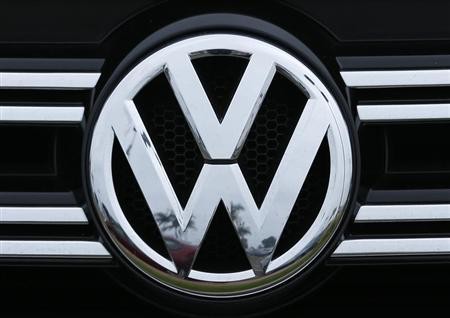The automobile industry's suffering under the shaky Chinese economy is only getting worse, as several carmakers are building production facilities in the country that will add two million units of production capacity over the next 12 months.
Ford and Volkswagen, together with their Chinese partners, have just opened new plants that are still in the process of starting up. In addition, Ford has recently acquired a local auto plant that is scheduled to come online some time next year.
Renault and Peugeot Citroen, with their Chinese partners, are scheduled to open plants in 2016.
GM and SAIC are also getting ready to begin assembly operations at a Cadilac plant scheduled to open early next year. Additionally, GM, in partnership with SAIC and Wuling, is planning to open a new plant for electric cars and hybrids.
Fiat Chrysler Automobiles, in partnership with Guangzhou Automobile Group Co., is also supposed to start production of Jeep vehicles some time in 2016.
Hyundai has also broken ground on two Chinese factories this year, one in Changzhou in April and one in Chongqing in June.
"There's a high level of anxiety among the OEMs (Original Equipment Manufacturers) right now," said Ron Harbour, publisher of the Harbour Report and partner at consulting firm Oliver Wyman.
Harbour added that the automobile industry has been rapidly building facilities for several years, and it is difficult to slow down that process.
"There's been a new assembly plant opening about every nine or 10 months, and a lot are in a state of construction," said Harbour.
At the moment, the government has taken up several measures to handle the downturn of the economy and encourage spending among consumers. Among these include devaluing the yuan, injecting money into the economy and even propping up stock prices.
But it seems these measures have done little to reverse consumer behavior.
The Chinese economy is especially tricky for automobile manufacturers because it fuels most of their earnings. For instance, 44 percent of GM's profits in 2014 came from China, while VW relied on China for 41 percent of profits.
Currently, automakers in China are taking up measures to encourage consumers to buy cars, including offering huge discounts and throwing in perks, but these do not seem to be enough.




























